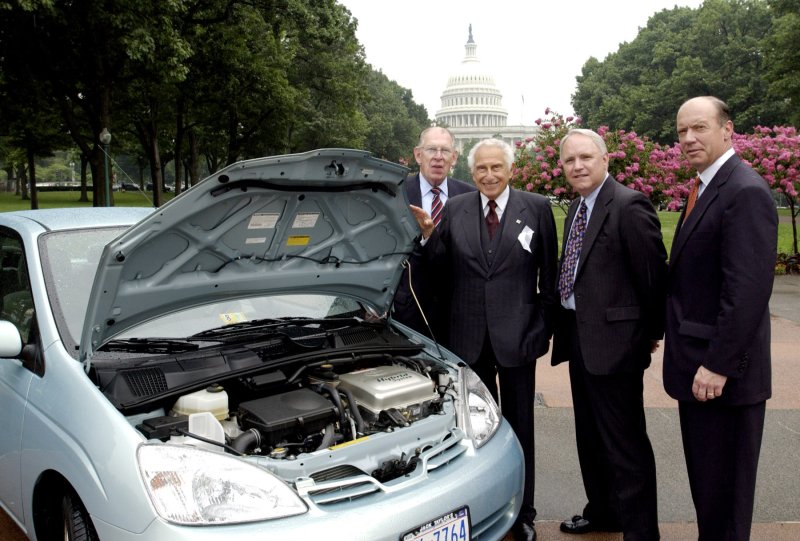MEXICO CITY, Dec. 9 (UPI) -- Used American batteries being recycled in Mexico using crude methods expose workers and residents to dangerous levels of toxic lead, environmentalists say.
Domestic U.S. recycling has become more difficult and expensive because of strict new Environmental Protection Agency standards on lead pollution, leading some companies to send the work -- and the danger -- to countries with lower protection standards, The New York Times reported Friday.















